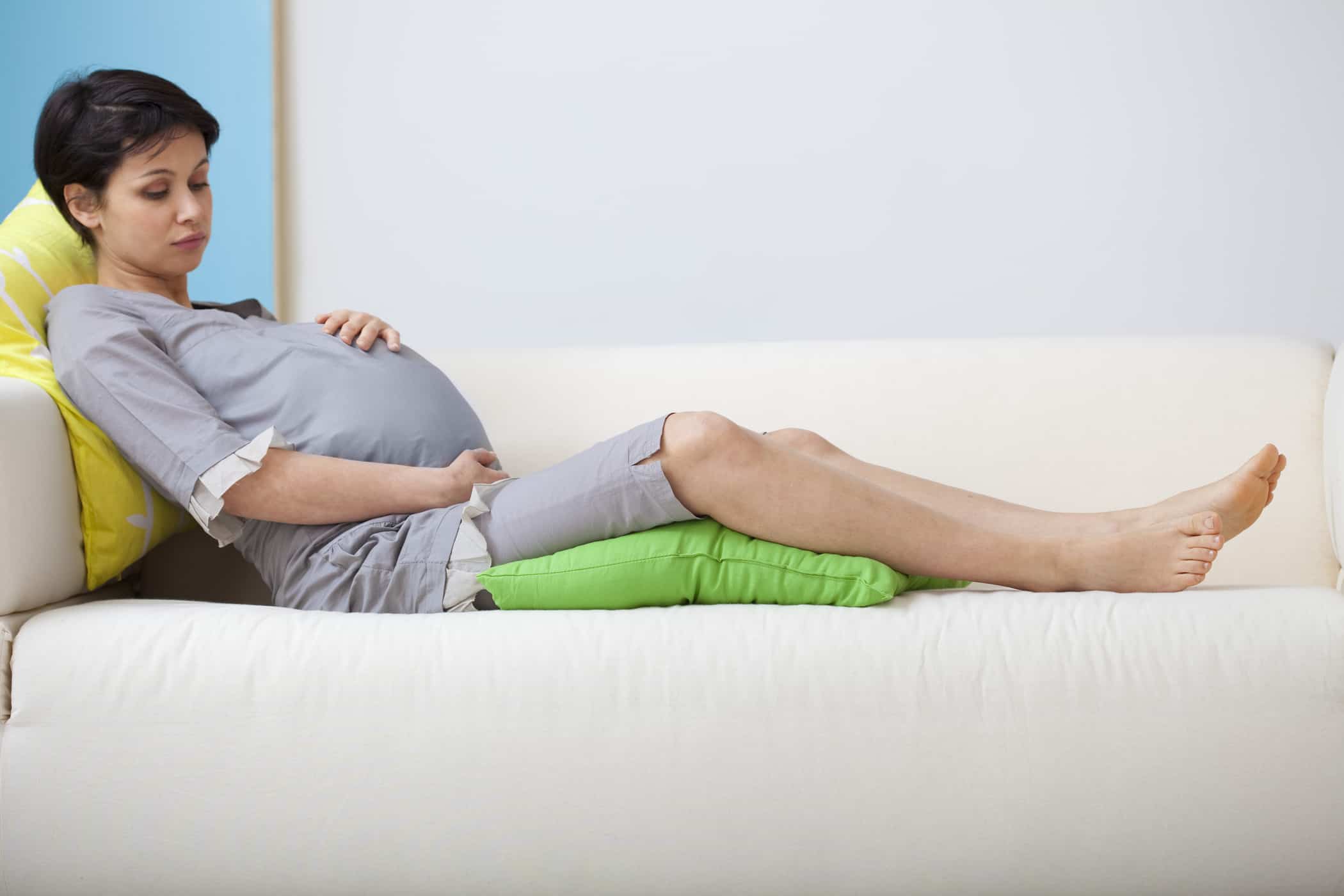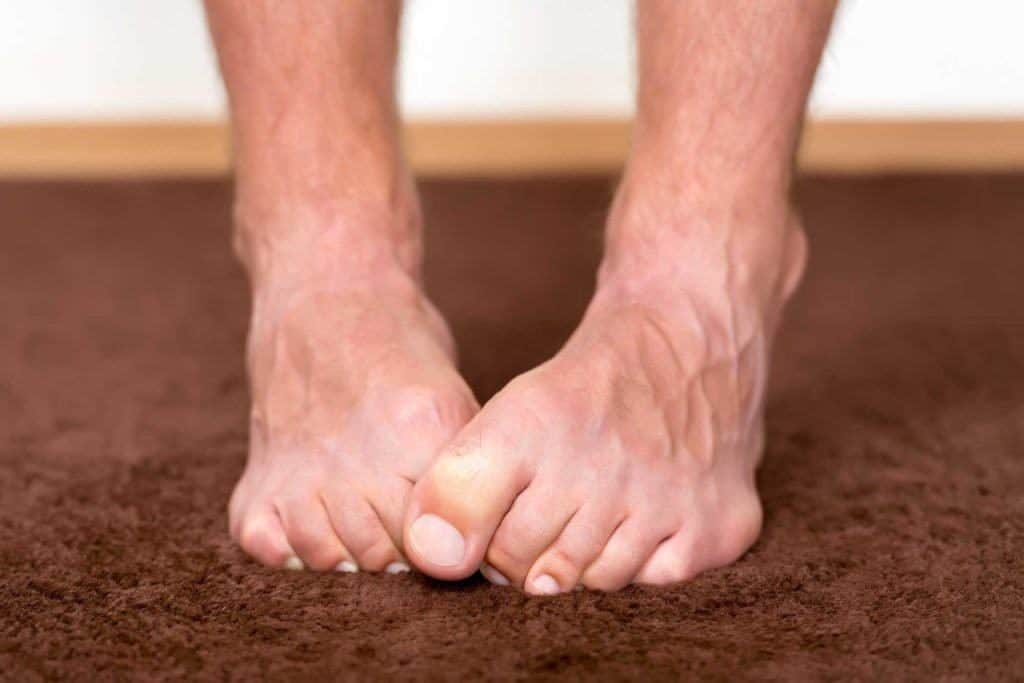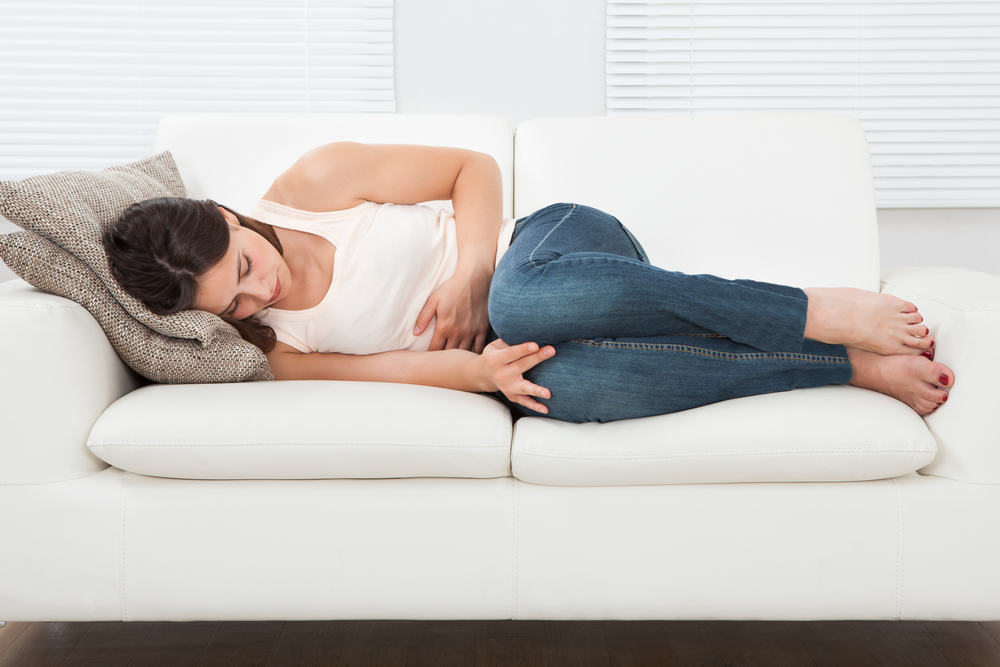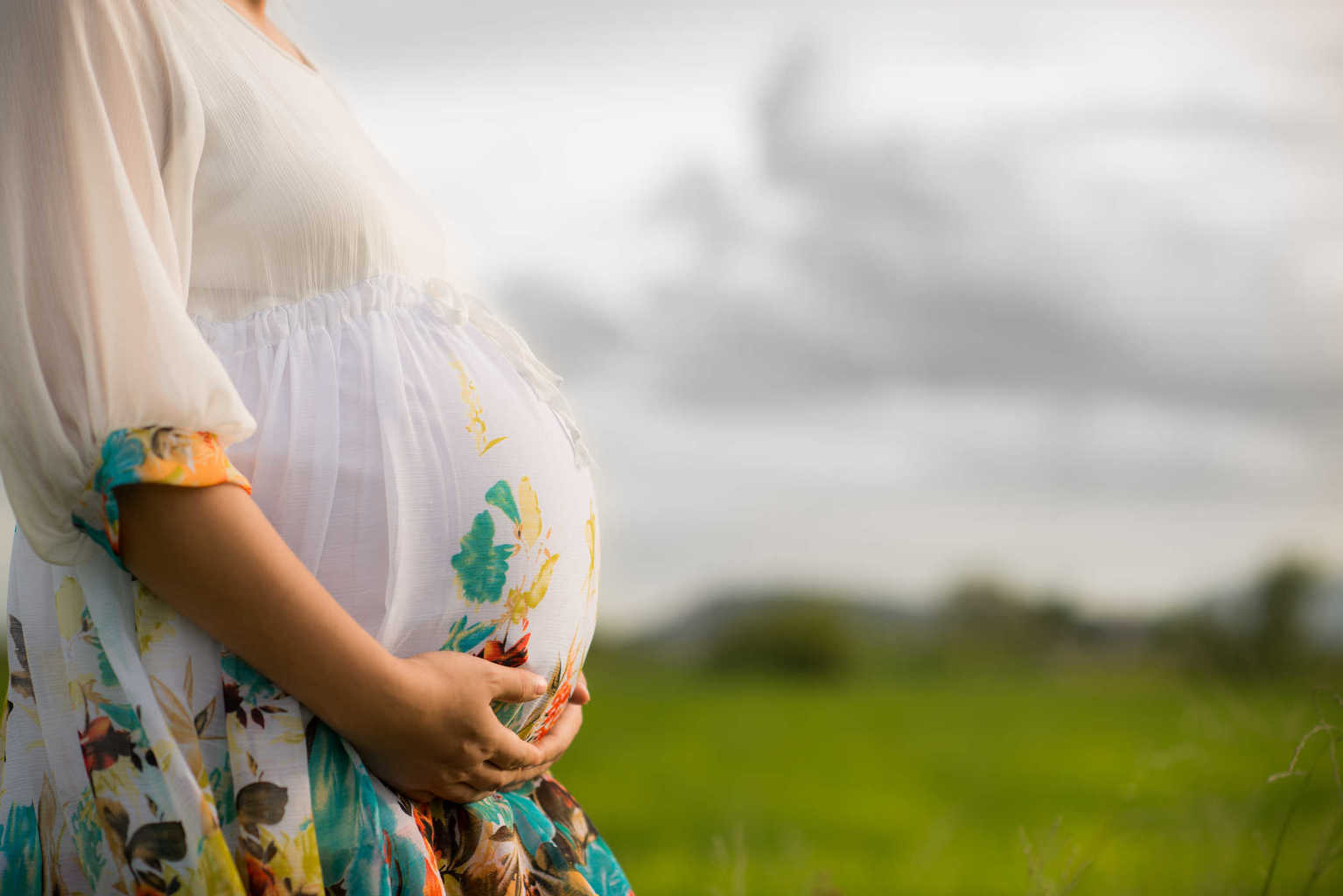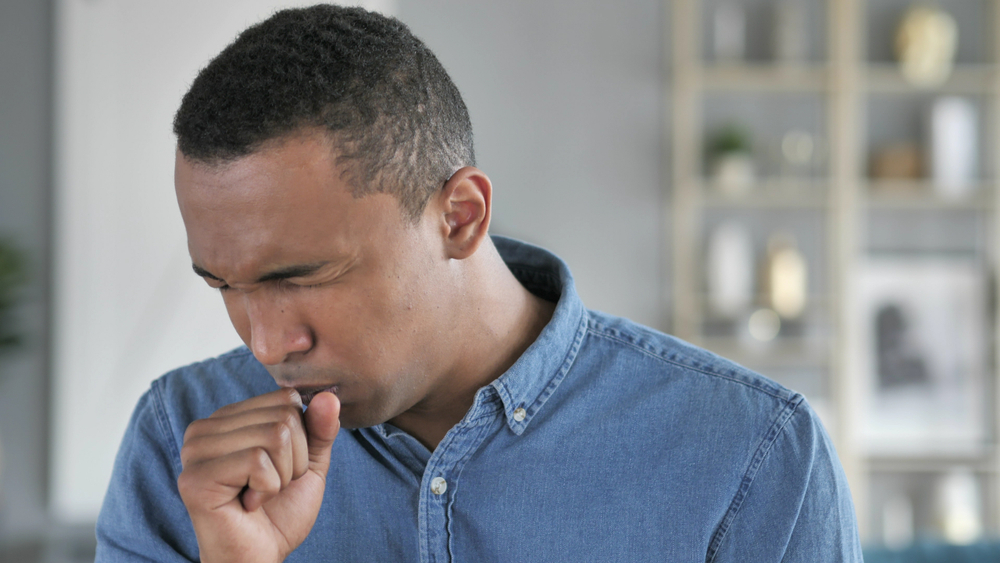Contents:
- Medical Video: How can I deal with fatigue during pregnancy?
- Causes of fatigue when pregnant
- Fatigue during pregnancy should be consulted by a doctor
- Fatigue during pregnancy that never subsides may be a sign of depression
- How to control fatigue during pregnancy?
Medical Video: How can I deal with fatigue during pregnancy?
During pregnancy, you may experience a number of irritating problems that are not dangerous but still make it uncomfortable to move. One of the most common problems complained of by pregnant women is rapid weakness and fatigue. What is the reason, and is it normal if you constantly feel tired while pregnant?
Causes of fatigue when pregnant
Women often feel quickly weak and exhausted during pregnancy because of hormonal changes during pregnancy. As gestational age increases, the mother's metabolism increases which then affects the increase in the hormone progesterone. This high level of progesterone in the body makes pregnant women feel sleepy and tired quickly.
The period of pregnancy also causes a number of major changes to the physical mother. Starting from the early trimester where the body will work harder to prepare the placenta and provide all kinds of nutritional support for the formation of fetal cells, then fatigue can reappear in the final trimester of pregnancy.
Around 30-34 weeks' gestation, the growing belly of the mother puts more pressure on her body so she feels tired quickly during pregnancy. In fact, you are also susceptible to experiencing leg cramps and lumbago in these times as a result. At this gestational age, the baby is also actively moving and kicking the stomach, which makes the mother feel uncomfortable.
Apart from various hormonal and physical changes during pregnancy, mothers are prone to fatigue during pregnancy because they are affected by stress and anxiety waiting for labor. This psychological condition can reduce rest periods so that pregnant women tend to feel tired.
The feeling of fatigue experienced by pregnant women can vary. Some feel very tired, and some don't feel it. Usually the feeling of fatigue during pregnancy will gradually decrease at week 12 to week 14. After going through the week, your energy can return to normal so that you feel more fit and powerful.
Fatigue during pregnancy should be consulted by a doctor
If you still feel tired even after enough to eat and rest, you should immediately see a doctor. There are several possibilities that cause you to feel tired while pregnant, such as:
- Fatigue, followed by constant hunger and thirst, can signal symptoms of gestational diabetes
- Fatigue that doesn't go away even after resting
- Fatigue, followed by symptoms such as fever, sore throat, and swollen glands
- Severe fatigue followed by nausea, vomiting, and frequency of urination are increasingly frequent. This can indicate the symptoms of an ectopic pregnancy or pregnancy outside the womb.
Fatigue during pregnancy that never subsides may be a sign of depression
Tired because most activities generally disappear within a few days or after you have enough rest. However, fatigue during pregnancy that does not recover, you should watch out for. This may be a sign that you are depressed during pregnancy.
Simply put, depression is a body reaction that can be triggered by acute stress because the body produces excessive stress hormone cortisol. The amount of the hormone cortisol in the body is read by the brain as an external threat that needs to be resisted or avoided.
To prevent running out of energy, the brain also commands the body to rest. As a result, you become very tired and not energetic. In fact, depressed people are actually not facing a threat that must be physically resisted or avoided.
Depression indirectly asks you to pause from the things that burden you mentally. Whether it's family problems, financial problems, or trauma due to the loss of a loved one. However, because the body cannot "talk" directly to you, one of the signs shown is excessive fatigue. Someone who is depressed often does not want to do any activity, feels tired throughout the day, loses appetite, and feels hopeless and desperate.
How to control fatigue during pregnancy?
- Don't underestimate rest. Pregnancy is a special moment in a mother's life. If you can't do all the work like before you get pregnant, don't ever force it. Napping can be the right routine for pregnant women to get around their fatigue even though it's only 15 minutes.
- Adjust work schedule. Reduce working hours for more rest.
- Do light exercise, such as walking, or swimming.
- Make a regular break schedule like going and getting up at the same time
- Be sure to eat nutritious, balanced foods. Eating more than before pregnancy, in the recommendation of the Republic of Indonesia Ministry of Health in 2013, at least pregnant women in the first trimester increase their intake by 180 calories, and in the second and third trimesters increase to 300 times. Pregnant foods should contain carbohydrates (rice, potatoes, vermicelli, noodles, bread, macaroni, etc.), building substances (chicken, fish, meat, eggs, liver, milk, beans, tofu, tempeh, cheese), and regulating substances ( vegetables, and fresh fruits). Try to consume foods with small portions and frequent frequencies.
- Make sure not to be dehydrated, drink plenty of water, pregnant women need an increased need for water during pregnancy. Based on the recommendations of the Republic of Indonesia Ministry of Health 2013, both in the 1.2 trimester, and 3 the adequacy of pregnant women water must be added at least as much as 300 ml of usually 8 glasses per day.
- Manage stress and emotions during pregnancy

